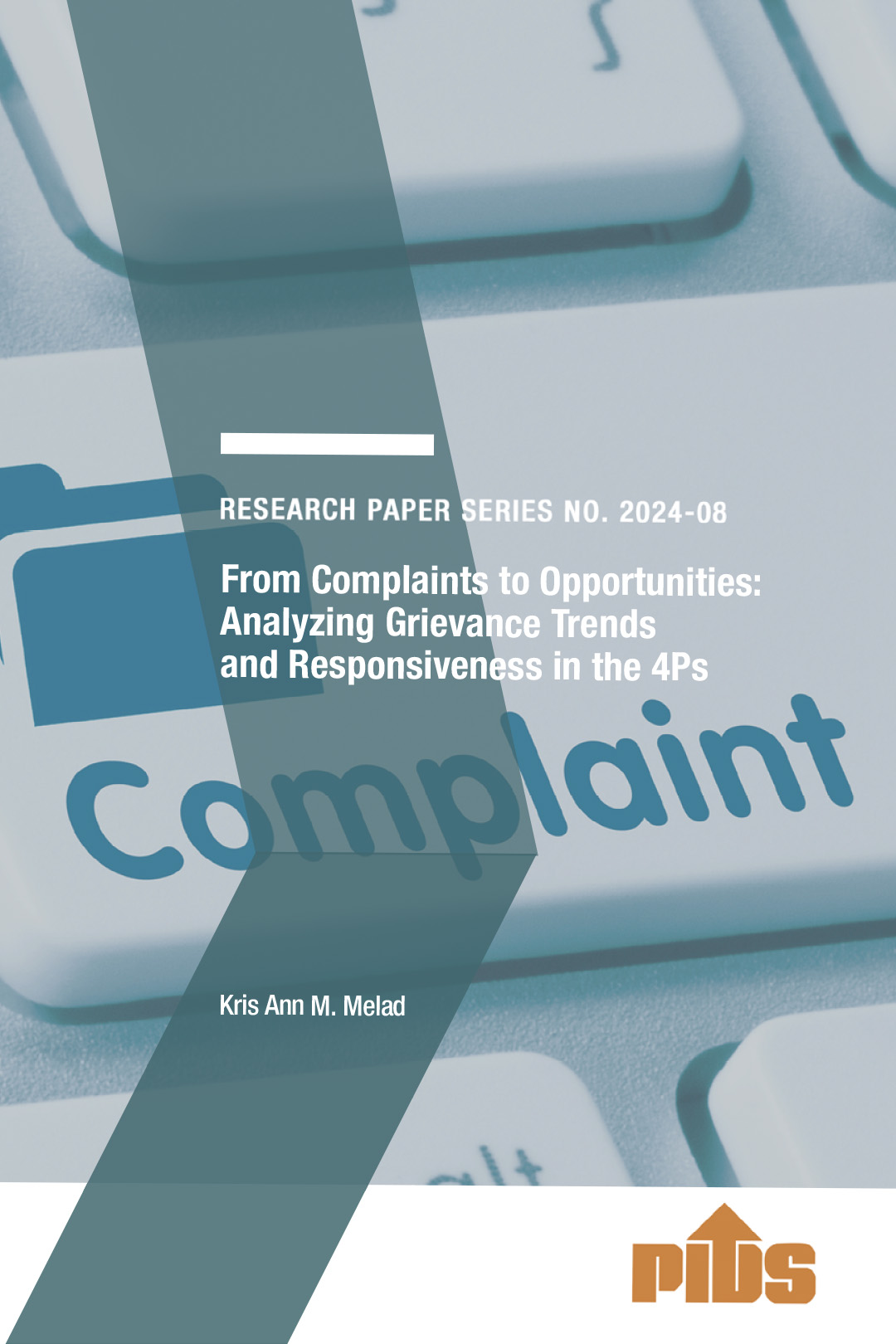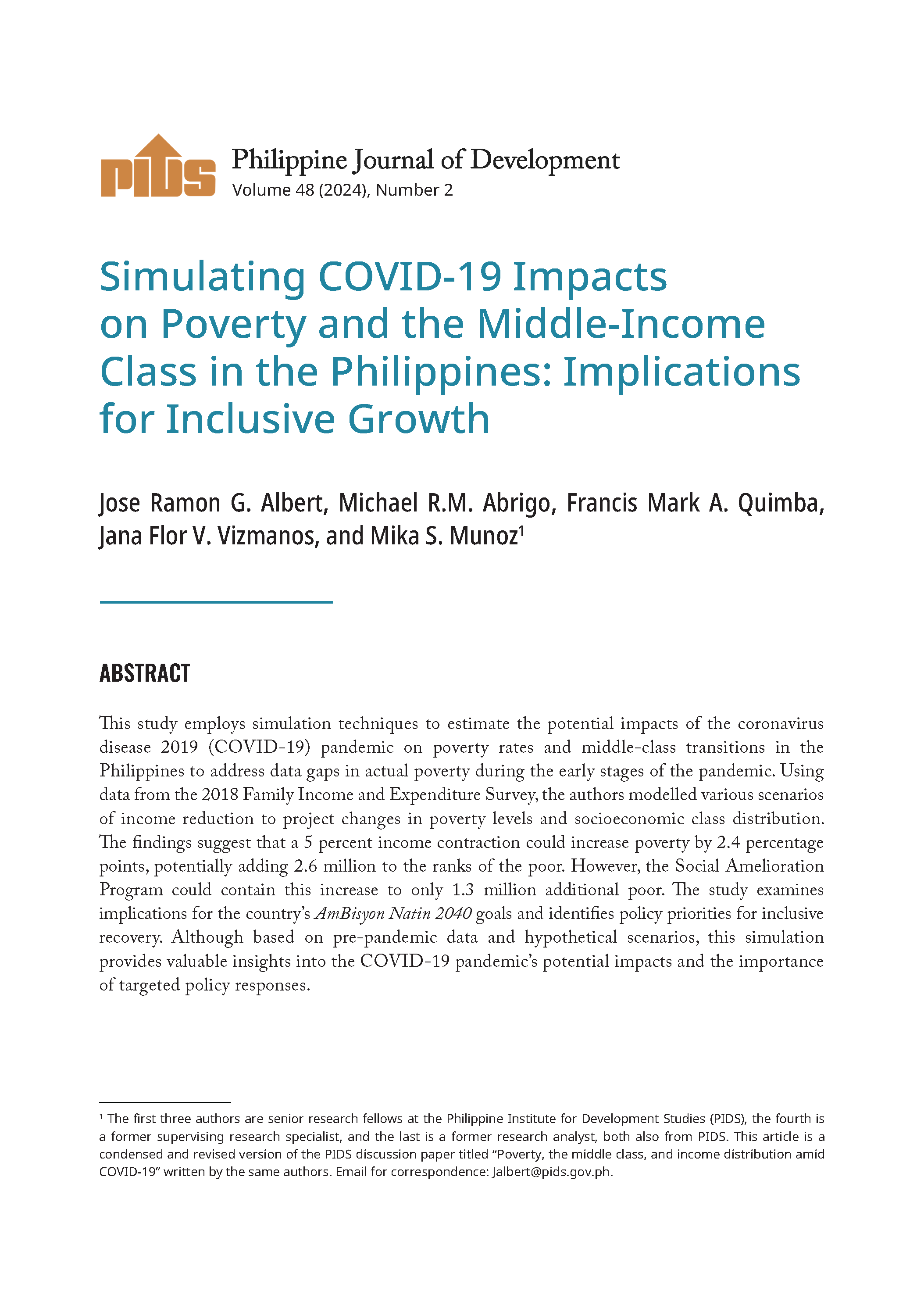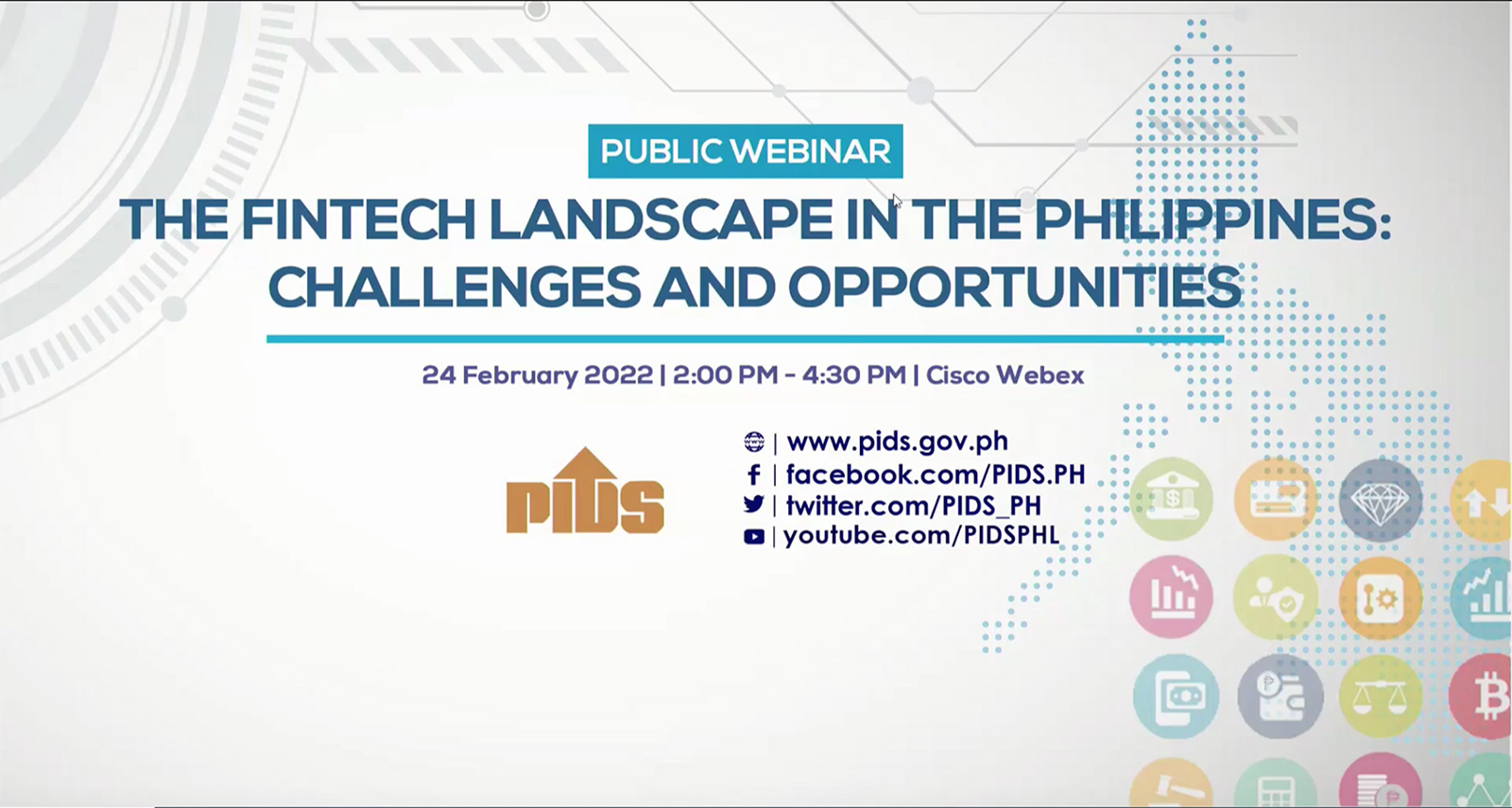MANILA/JAKARTA/TOKYO -- Richard Gaboso's motorized tricycle taxi parked outside his home in Cavite, 50 kilometers south of Manila, has what he calls two special features. One is his favorite speakers blaring out hip-hop music, the other is a small black box that has transformed his life.
Inside the box that is the size of a smartphone and connected to the engine is an Internet of Things device which measures how far he has travelled each day, where he is and the number of hours he has worked.
Agreeing to install the tracker made by Japanese fintech startup Global Mobility Service (GMS) last year enabled the 40-year-old Gaboso to secure loan financing to buy a tricycle after 14 years of renting.
"The vehicle made my family happy," Gaboso said of his wife, four children and grandchild, because it brought greater stability and predictability to his life. "You are able to see the fruits of your labor. I'm building a house ... [and will] finish it by this year."
GMS has provided vehicle loan contracts for more than 11,000 drivers in the Philippines since 2015 who could not buy their own vehicles due to their poor credit history. Many did not even have bank accounts.
Wilfredo Mortel points to where the Mobility Cloud Connecting System (MCCS) has been installed in his motorized tricycle. (Photo by Kimberly dela Cruz)
"We are at the dawn of a time when our service is about to spread," GMS founder, president and CEO Tokushi Nakashima told Nikkei Asia.
The company has expanded into its home market, Japan and Indonesia -- where after an uncertain start due to the strict loan screening process, last year formed a partnership with Gojek, the giant ride-hailing and food delivery app. It also has a small operation in Cambodia.
Nakashima said he chose the Philippines to launch his Mobility Cloud Connecting System (MCCS) because there are some 4 million tricycle taxis in the country but more than 90% of the drivers have not been able to escape poverty. The reason is that drivers have to pay a large portion of their daily income to rent a vehicle from owners. "Even hardworking people continue to have weak credit and cannot climb out of poverty," he said.
Gaboso, who also sells coconuts and bananas, was one such driver. He was making around 500 pesos ($8.70) per day but had to pay about 30% of this to rent the vehicle.
Now he pays 1,585 pesos per week to pay off his loan. While this is much more than before, the vehicle will be his after four years and the prospect of ownership is a massive motivator to work harder. He has never missed a payment, and so has never experienced the ignominy of the MCCS cutting off the engine if a payment is not made. Drivers are also fined it they try to removed the device.
The locations of Global Mobility Service boxes are tracked at the company's office in Manila. (Photo by Kimberly dela Cruz)
GMS says its technology has enabled loans of 45 billion yen ($300 million) to be issued. The default rate on its loans was 1.14% from April 2023 to April 2024. This is so low partly because GMS employs agents to collect the money from people who don't have bank accounts. According to the central bank only 56% of Filipino adults had a bank account in 2021, although this is a massive increase from the 2019 figure of 29%.
The number of people taking out loans through GMS in the Philippines has grown by about 15% annually since the pandemic. One recent applicant is Gaboso's neighbor, Wilfredo Mortel. "Driving the tricycle really helped me pay for the schooling of my youngest child, who is currently in first year at college," he said.
GMS generates revenue by taking a percentage from the financial institutions and a customer introduction fee from vehicle dealers. Its shareholders include SoftBank, Denso, Sumitomo Corp. and Kawasaki Heavy Industries. Nakashima declined to discuss the company's profitability but said the ultimate goal is to "expand our business by going public and raising more funds."
Key to its success has been finding the right partners. It has 39 globally and one of these is Netbank, a Philippine financial services company founded in 2019 that describes itself as a "tech bank."
"There is no doubt that there is a huge credit gap in the Philippines ... It's very difficult for them [the lower income population] to get investments and to invest in the things they need for their livelihoods," said Gus Poston, Netbank's founder. "The Philippines has got a very fragmented banking network ... It's not automated. Within this environment, there's a lot of opportunities for partnerships between the existing financial services providers and technology providers."
Jose Ramon Albert, Senior Research Fellow at the Philippine Institute for Development Studies, said the emergence of fintech solutions like GMS "represents an innovative approach to addressing both financial inclusion and livelihood opportunities, particularly in the transportation sector which provides significant employment in the Philippines."
The challenges GMS has faced in Indonesia have been greater because of the strict screening rules for vehicle loans. However, the slow growth has accelerated since the Gojek partnership started. "Gojek tried to provide financing [for drivers] by itself ... but there was a past failure which did not go well" Nakashima said. The Indonesian company is now acquiring 500 new drivers a month thanks to its partnership with GMS, the latter said. Gojek did not reply to requests for comment.
The collaboration also includes GMS buying 400 vehicles, renting them to drivers and using the data garnered from the in-vehicle boxes to demonstrate to financing companies that the people are creditworthy. The next stage in their expansion plan is to launch the GMS technology in Bali next month.
The company also offers scholarships for drivers and their relatives to study Japanese and obtain work in Japan. "I'm so happy that my son got the opportunity to work in Japan," Harmaeni, a 52-year-old ride-hailing driver, told Nikkei Asia. "
Harmaeni said his income had increased after using a GMS device "because I only have to pay a one-time flat rental fee of 950,000 rupiah ($57) in one week," he said. This compares to having to deposit 40% of his income every day when he rented a vehicle.
The ripple effects have also spread to other businesses. Taro Imamura, a technical adviser for insurance company Asuransi MSIG Indonesia said the firm had benefited from partnering with GMS. "We are working with GMS and we've never have a theft case of a vehicle using their telematics," he said.
Global Mobility Service founder and CEO Tokushi Nakayama says the company's ultimate goal is to list on a stock exchange. (Photo by Yuichi Shiga)
But GMS' biggest success in the last few years has arguably been in Japan, where driver numbers have grown from 3,500 in 2020 to some 25,000 as of earlier this month. It has noticed demand has been particularly strong from single mothers, foreign workers and independent delivery workers. According to data from the Organization of Economic Cooperation and Development, Japan has one of the highest poverty rates among the Group of 7 developed nations.
Nakashima says the fact that the company also operates a system for managing vehicle data is what differentiates it from rivals. He is also optimistic about the company's short-to-medium term prospects because it holds more than 300 patents worldwide to protect its technologies and business model. Takashi Miura, CEO of the Japan Intellectual Property Research Institute, agrees: "It is important for GMS to gain market share in each country [at the early stage] to build its branding and track record."
However, the founder acknowledges that there are many manufacturers in China which can make similar devices, but believes he still has a competitive edge. "We are developing both hardware and software," he said, adding that GMS has "our mobility service platform which visualizes information by collecting from devices ... and links with financial institutions for payments."
Thailand and Vietnam are next on Nakashima's target list for expansion but he says he is willing to go anywhere. "There are governments which aim to promote employment and provide working opportunities for people who want to work but are unable to," he said. "If we receive an offer from a country or financial institution with a high sensitivity, we will prepare to expand our business there."
Meanwhile, Gaboso and Mortel have big ambitions to acquire a second vehicle through GMS as their credit ratings improve thanks to the accumulated driving data. "If I get the chance to make another contract with GMS, I would like to get another unit from them," Mortel said. "I might rent out the older vehicle, and I will drive the new unit."












